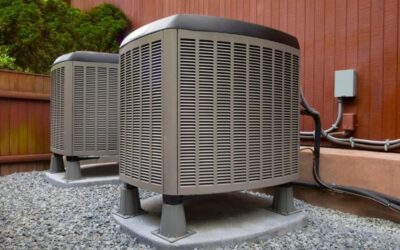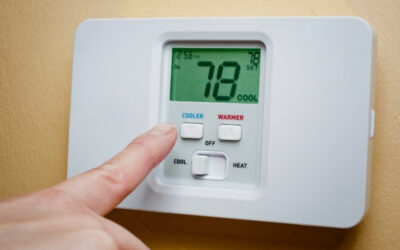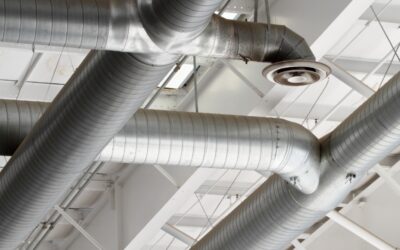Indoor air quality (IAQ) can have a major impact on your home or business, but many home and business owners are unfamiliar with what "IAQ" really means. IAQ can affect everything from the state of your health to the state of your home. Here is a quick guide to IAQ and how to improve it in your Auburn, Alabama home.
IAQ: What is it?
Indoor air quality is a way to look at the condition that your home’s air is in. It can be affected by anything from pet dander to pollen to biological growth. Even if you pride yourself in keeping a clean home, you may find yourself dealing with indoor air quality issues from time to time. Your HVAC system is your strongest defense against poor indoor air quality but it can’t do everything, especially if the system itself is facing issues.
Signs of Poor IAQ
Poor indoor air quality is most easily marked by allergy-like symptoms. If you have a family member with sensitive lungs, they may have difficulty breathing within the home or notice that their lung issues kick up more regularly than usual. You can also tell that there may be something wrong if your home feels stagnant, if there are high levels of humidity, or if there’s debris built up around your vents. Very poor IAQ is typically easy to spot because of these common symptoms.
Ventilation
Ventilation is a good place to start when trying to fix your IAQ levels. Ventilation can help remove stagnant air from your home and replace it with fresh air, which helps reduce the amount of debris or allergens built up in your air, as well as helping to reduce humidity levels. If your air is still humid, even with proper ventilation, a dehumidifier can help further improve your indoor air quality.
Ventilation systems should be run in any room that is regularly exposed to humidity, like bathrooms, laundry rooms, and kitchens. This can keep humidity levels in check as well as prevent buildup from occurring.
Deep Clean
While a normal cleaning is often enough to keep indoor air quality high, if you have pets or if it’s a particularly strong pollen season, a regular deep clean can help you keep your IAQ at a good level. Consider washing fabric items like curtains or pillows that are often overlooked. Tops of cabinets and other hard-to-reach places should be cleaned out. Besides just vacuuming, you should mop hard floors to help pick up any residual dust. If you have carpet, you may want to consider using a steam cleaner to really get into the fibers and remove any irritants.
After cleaning, air purifiers can help keep the dust and debris levels down and help prevent that build up from occurring again. Air purifiers help trap particles, removing them from the air before they can settle on your furniture.
Consider Ducts
Ductwork is how your air gets to your home and if your ducts are filled with dust and dirt, your air quality will suffer accordingly. Having your ducts cleaned by a professional can lead to better air quality as well as improved HVAC functionality, as the system doesn’t have work to push the air through the debris. You’ll notice dust around your vents if your ductworks really need to be cleaned.
Regular Maintenance
Keeping your HVAC system in good shape is vital for good indoor air quality. Some maintenance can be done by yourself, and doing so may provide an easy fix to improving air quality as well as HVAC functionality. For example, the filter for your system needs to be changed out regularly, at least every few months. These filters can get clogged with debris which can lead to particles escaping through into your air flow as well as put extra strain on your HVAC system.
The entire system should be regularly checked out by an HVAC professional to check on wear and tear, which can similarly affect your indoor air quality. They can also assess to see if you need your ductwork cleaned.
If you’re concerned about your home’s indoor air quality, the experts at Indoor Solutions can help. Give us a call at 706-489-7470 to set up a consultation today!
Image provided by Bigstock




